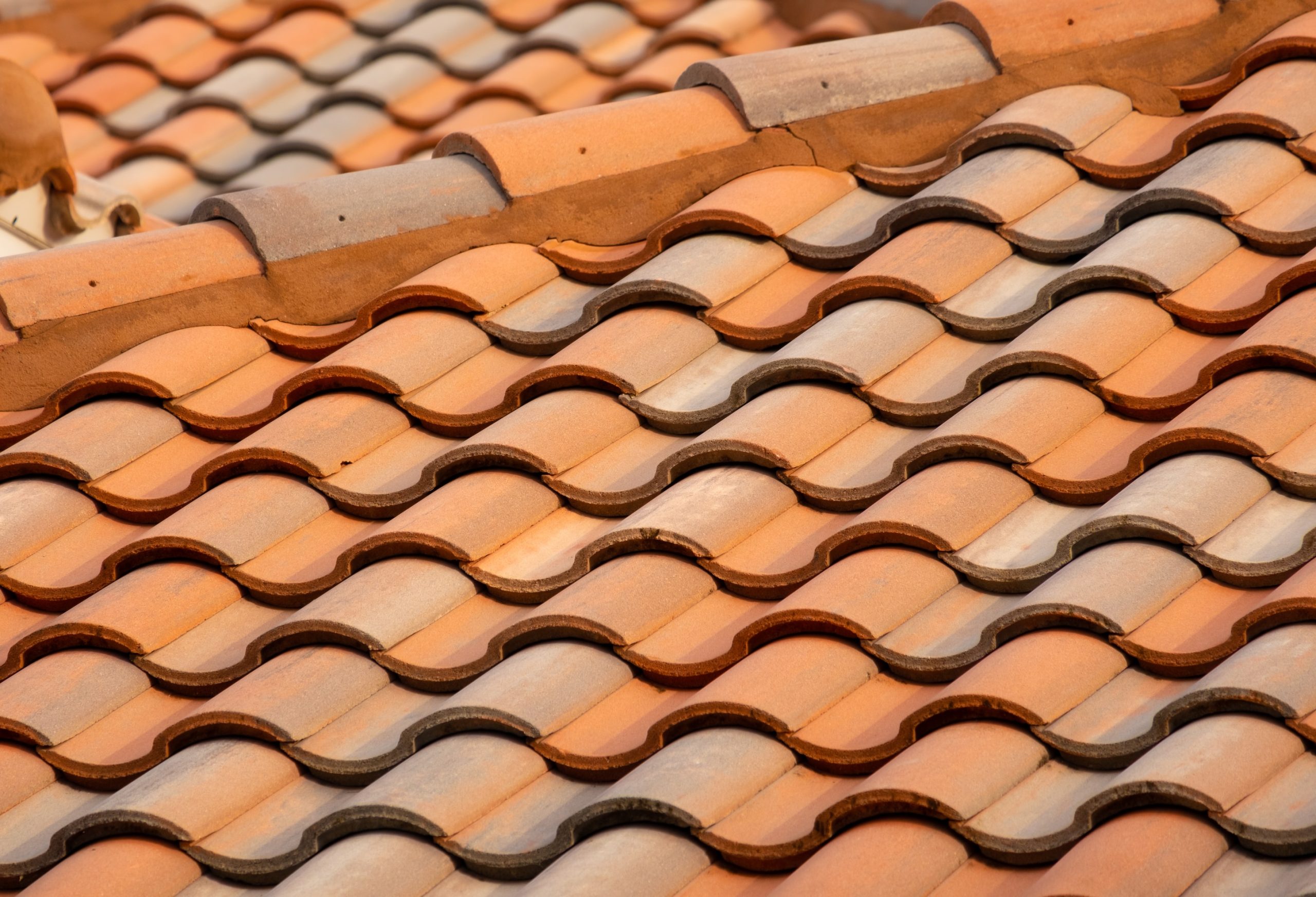How to Spot the Signs of a Roof Leak
Are you worried that the weather changes are taking a toll on your roof, and it’s time to check for leaks? Roof leaks can be costly to repair, but if caught early enough, can be avoided or minimized. Many homeowners don’t know how to identify a leak before it causes more extensive damage though – which is why we’ve put together this handy guide on spotting the signs of roof leaks. Whether you’re just looking to stay ahead of any potential issues or actively trying to track down the source of an issue, this article will give you all the information you need so that you can take control of your home and make sure those pesky leaks are stopped at their source!


Identify signs of moisture
The presence of moisture in unexpected areas is a clear indication of a roof leak. This can manifest as water spots on your ceilings or walls, visible mold or mildew growth, or discolored areas. These are all indications that water has made its way into your home through a leaky roof. The people at Otis Orchards, WA roofing company say that even small leaks can cause significant damage if left unchecked, so it’s crucial to address these signs of moisture as soon as possible. Don’t ignore them or hope they will go away on their own – take action and get your roof checked out before the problem worsens.
Inspect your roof for damage
You can also identify potential roof leaks by carefully examining your roof for any visible signs of damage. Missing shingles, worn-out flashing, and cracked seals can all contribute to water getting into your home. Take a walk around the perimeter of your house and look for any signs of damage on your roof. If you notice anything that looks concerning, it’s best to call a professional to come and assess the situation. Trying to fix these issues yourself can be dangerous, so it’s always better to leave it to the experts who have the proper tools and training.
Check your attic for leaks
To identify potential roof leaks, it’s advisable to inspect your attic for any signs of moisture. Look for droplets of water or pools of water near vents, pipes, and chimneys as these are common entry points for water. If you see any signs of moisture in your attic, it’s a clear indication that there is a leak in your roof. Check for any wet insulation, as this can be a sign of water infiltration as well. It’s recommended to do regular checks in your attic, especially after heavy rain or snowfall, to catch any leaks early on and prevent them from causing further damage to your home.
Inspect the interior of your home
You should also inspect the interior of your home. Keep an eye out for water stains on walls and ceilings, as well as dampness or discoloration on carpets and floors. These are all indications that a roof leak has made its way into your home. It’s also important to check around windows, doors, and skylights for any signs of water infiltration. Don’t overlook even small stains or discoloration, as they can be a sign of a bigger issue lurking behind your walls.
Look at the exterior of your home
Aside from inspecting your roof and attic for signs of leaks, it’s essential to look at the exterior of your home as well. This includes checking the chimney for any cracks or missing bricks that could allow water to seep in. Additionally, make sure to examine the gutters for any clogs or damage that could cause water to overflow onto your roof. It’s also a good idea to check the downspouts for any blockages that could prevent proper drainage. Keeping these areas in good condition can help prevent roof leaks and ensure that water is directed away from your home’s foundation.
Have a professional inspect your roof
While regular inspections and maintenance can help prevent roof leaks, it’s also crucial to have a professional roofing expert inspect your roof at least once a year. A professional will have the knowledge and experience to accurately assess the condition of your roof and identify any potential issues that may lead to leaks in the future. They can also provide recommendations for repairs or replacements that will help prolong the lifespan of your roof and save you from costly repairs down the road. Don’t wait until a leak has already caused damage to your home – have a professional inspect your roof regularly to stay on top of any potential issues.
As a homeowner, it’s essential to be proactive in identifying and addressing potential roof leaks. Remember, prevention is always better than cure when it comes to roof leaks. So keep an eye out for these signs and take action as soon as you notice them to ensure that your home stays dry and well-protected. With this guide, you now know how to spot the signs of a roof leak and take control of your home’s roofing health.